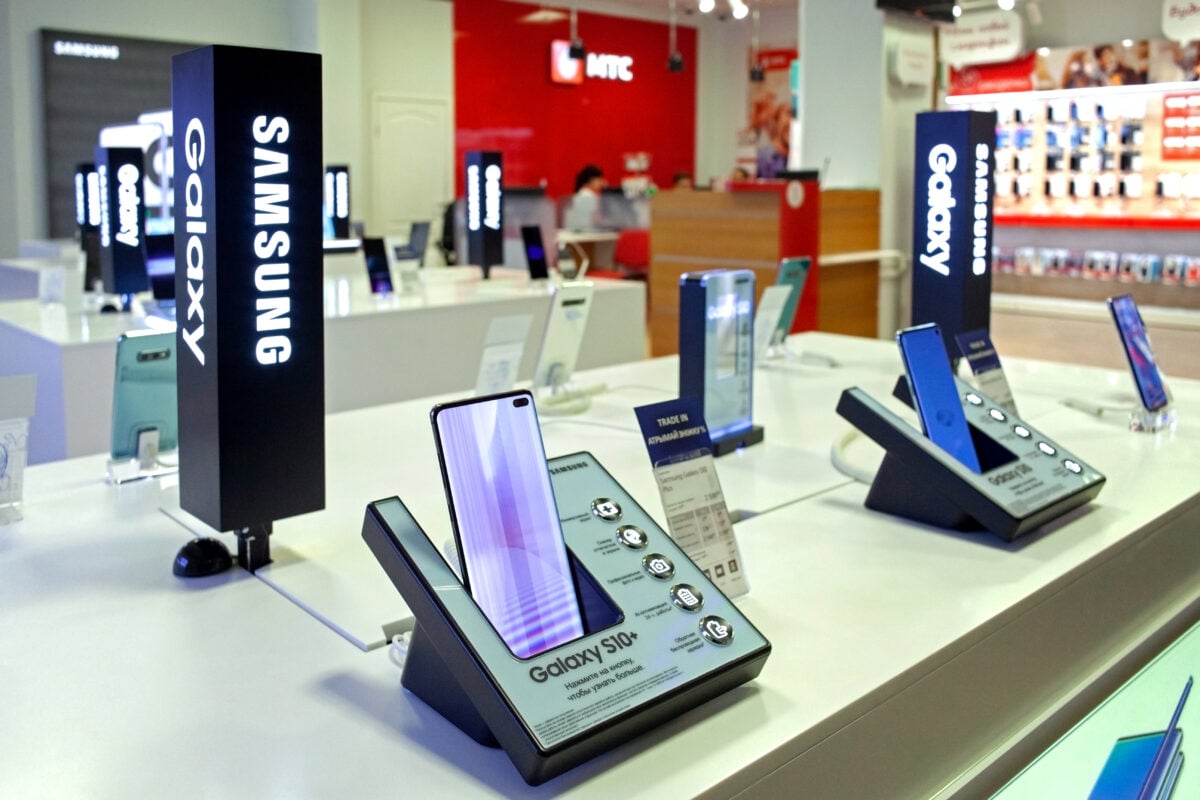TLDRs;
Contents
- Samsung’s smartphone shipments in Japan jumped 60% in Q2 2025, raising its market share to 10%.
- AI-powered Galaxy features drove growth in Apple-dominated Japan, showing brand loyalty can shift with innovation.
- Samsung overcame a decade-long decline, recovering from just 5% market share in 2015.
- Apple remains the leader at 49%, but Samsung’s resurgence signals growing competition in Japan’s premium market.
Samsung has reclaimed its standing in Japan’s competitive smartphone market, becoming the third-largest vendor in Q2 2025 after posting an impressive 60% year-on-year shipment growth, according to Counterpoint Research.
The South Korean tech giant now controls 10% of Japan’s smartphone market, up from just 7% a year earlier.
Apple maintained its stronghold with 49% market share, followed by Google at 11%. Meanwhile, domestic brand Sharp and Chinese manufacturer Xiaomi trailed at 6% and 5% respectively.
AI innovation drives consumer shift
Industry analysts attribute Samsung’s momentum in Japan to the integration of distinctive artificial intelligence features in its Galaxy lineup.
These AI-driven tools, from smarter photography to productivity enhancements, have resonated with Japanese consumers, traditionally a loyal Apple market.
For years, Japan has been known as one of the most challenging markets for foreign smartphone brands. Apple consistently holds close to 50% market share, while domestic firms like Sony and Sharp struggled to retain influence. Samsung’s turnaround indicates that innovation, rather than price competition alone, can win customers in preference-driven markets.
Overcoming a decade of decline
Samsung’s growth is particularly notable considering its past struggles in Japan. Back in 2012, the company held nearly 15% of the market, but by 2015 its share collapsed to just 5%.
Tensions between South Korea and Japan even led Samsung to remove its branding from Galaxy smartphones sold locally.
The slow climb back began in 2017, when Samsung’s share recovered to 3.4%, followed by consistent gains driven by focused investments and premium devices. By Q2 2025, its 60% shipment growth demonstrated that Samsung had found the right mix of design, performance, and AI features to challenge Japan’s iPhone dominance.
Apple leads, but competition heats up
Despite Samsung’s rebound, Apple remains firmly in control of Japan’s market, holding nearly half of all smartphone sales. Google also gained ground, securing 11% market share, fueled by its Pixel devices’ integration with Android and Google services.
Yet Samsung’s rise suggests Apple’s grip is not unshakable. With AI becoming the new battleground in smartphones, Japanese consumers appear willing to reconsider their brand loyalties if competing devices offer meaningful technological differentiation.
Lessons from Samsung’s Japan revival
Samsung’s comeback underscores the importance of long-term strategy in culturally sensitive and brand-driven markets. Rather than abandoning Japan after its steep decline, Samsung steadily reinvested in product innovation, marketing, and distribution.
The result is a case study in how patience, persistence, and technological differentiation can rebuild consumer trust. As AI features increasingly define user experience, Samsung’s resurgence could mark the beginning of a new chapter in Japan’s premium smartphone race.


